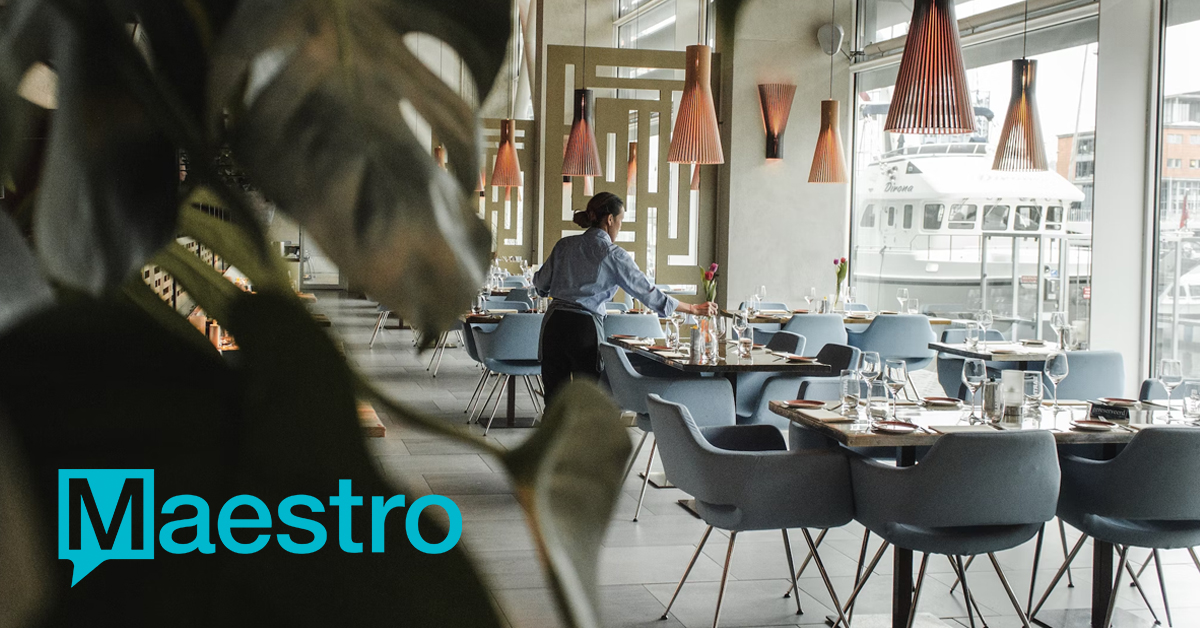Hospitality technology companies are integrating with more and more third parties, and these relationships are almost as valuable as the services they offer at the ground level
By Warren Dehan

What will be the next innovation to hit the industry, and will your hotel be able to accommodate it? “No man is an island,” and no property-management system comes prepackaged with all the capabilities needed to operate a hotel on its own. Successfully operating an independent hotel today requires a myriad of partnerships, and the same is true for offering a high-quality PMS platform. Technology is always changing, and operators should ask themselves if their PMS partner is thinking long-term about integrations – and how to best tap into new capabilities as they become available.
First of all, hotels should assess their current relationship with their PMS provider and its existing capabilities. Next, operators should clearly outline their technology goals on a property-by-property basis. Some hotels may already use their PMS to offer a variety of services, but they need new integrations, such as interfacing with a point-of-sale system when launching a new onsite restaurant. Other hotels may require access to revenue-management capabilities in order to maximize their effectiveness in a competitive market, or management is looking to make its first major investment in operations technology and isn’t sure where to begin.
This is the challenge that most independent hoteliers face when dabbling in new technology, and it’s where a strong technology partnership comes into play. Operators who are able to clearly communicate their goals to a knowledgeable PMS partner will be more informed about current and future integrations that are relevant to their hotel’s success. This step should not be taken lightly, as without adequate information on your partner’s capabilities and goals, hotels risk aligning themselves with organizations that can’t support their vision.
Building Blocks
Those interested in maintaining current relationships with their PMS provider can benefit from exponential growth over time as new capabilities are added to the tools’ feature set, but the situation is trickier when hoteliers are looking to swap PMS partners and retain their integrations. In these instances, operators may be faced with the prospect of replacing all of these systems and starting over, which can be a challenge to manage even in a booming labor market. It’s more beneficial for hoteliers to do as much research as possible and speak directly with PMS partners to see who they interface with, whether or not a relationship between the two entities exists (or is on the roadmap) and what alternative feature sets might exist.
The greatest challenge facing hoteliers at this stage is to do enough research and preparation so expectations are met when the PMS is deployed. Assumptions can be dangerous when implementing new technology, and hoteliers should not wait until the solution is on property before finding out a key capability, option, or integration is missing. This is important when considering how each department works with the system, as the sales and catering departments may have different priorities from procurement when it comes to integrations.
To set proper expectations, hoteliers should identify the features that are most important to them in a PMS and confirm their availability with their vendor of choice. It’s also important to pay attention to how PMS vendors field these questions, communicate with operators, and provide support, as these interactions will reflect the service culture within your technology partners and how successfully the future outcomes will meet your objectives.
Stay Updated
Hoteliers are also urged to speak with other owners who use different systems whenever possible to see if they are missing out on capabilities and bring their findings to their PMS partners as well. Valuable partners will act on this information and provide a better operations experience over time through updates and fixes. While hoteliers must stay up to date on these new additions as much as possible, the quality of your PMS partner could also determine how accessible this information is, and how clearly it is communicated.
New integrations happen over time, and sometimes when operators least expect it. It’s important for operators to have regular communication with their PMS vendor through email, chat, phone calls or visits to the vendor’s website, where new integrations and updates should be listed prominently. Many PMS providers also offer newsletters to provide tips and suggestions for ways to better use the technology.
Ultimately, PMS vendors can provide as much information as they want but hoteliers must play ball. Due diligence, setting consistent expectations, and doing their best to prevent surprises takes a little patience on both sides. However, hotel operations are always being challenged and tested. When surprises happen, partnerships are tested, and operators want to make sure they trust their technology and its providers as much as possible before then. Good partners always make it work.
About the Author
 Warren Dehan is the President of Maestro, the preferred cloud and on-premises PMS solution for independent hotels, luxury resorts, conference centers, vacation rentals, and multi-property groups. Maestro was first to market with a fully integrated Windows PMS and Sales & Catering solution and is continuing that trend with leading edge web and mobile based solutions. Platform and deployment independence present Maestro as an investment that will continue to grow and adapt as innovative technologies emerge.
Warren Dehan is the President of Maestro, the preferred cloud and on-premises PMS solution for independent hotels, luxury resorts, conference centers, vacation rentals, and multi-property groups. Maestro was first to market with a fully integrated Windows PMS and Sales & Catering solution and is continuing that trend with leading edge web and mobile based solutions. Platform and deployment independence present Maestro as an investment that will continue to grow and adapt as innovative technologies emerge.
Barb Worcester, PRPro
barbw@prproconsulting.com
Joey Tang, Maestro PMS
info@maestropms.com
Maestro PMS
65 Allstate Parkway, Suite 100
Markham, ON L3R 9X1
Canada
1-888-667-8488
info@maestropms.com
www.maestropms.com